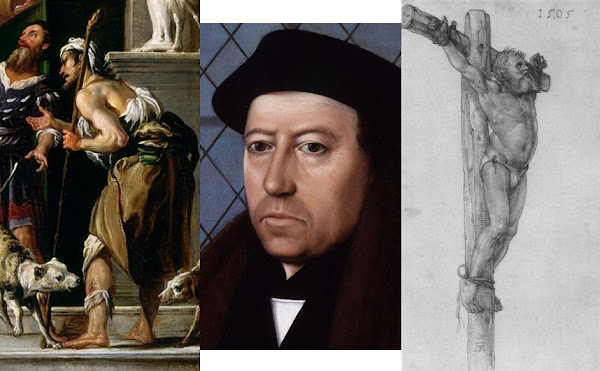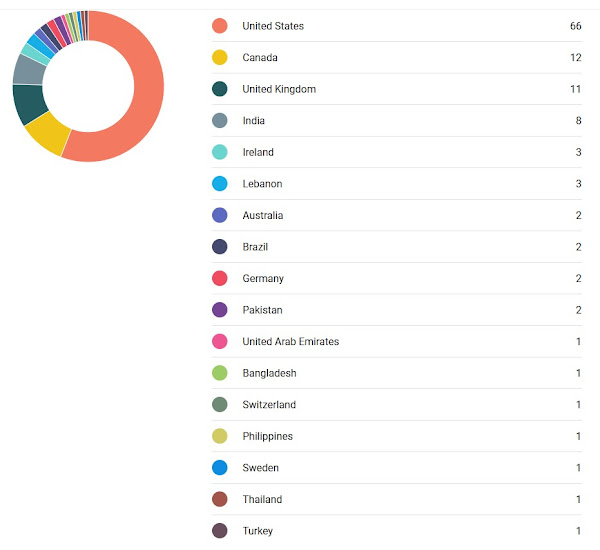Beggars, Thieves, & Cranmer’s Conflations (Lazarus in Hamlet, Part 7)

Three official Cranmer & Jewell homilies mention the beggar Lazarus - and have many other connections to Hamlet. Shakespeare heard these homilies many times during his life. The first, “An Exhortation Against The Fear Of Death” (Cranmer) comes uncomfortably close to conflating beggars and thieves (not necessarily synonymous). I will consider these three homilies in upcoming weeks, but for this week, will focus on a few key ideas from this one. Some consider Shakespeare an atheist, but he probably didn’t (always) work secretly on poems and plays while homilies were read in church; in fact, he utilized their ideas and vocabulary in his writing, making them his own. Yes, if one is an atheist and wishes to view Shakespeare as an atheist because of certain things certain characters say, it's possible to find evidence for that. And it's certainly possible to sit in church while a priest is talking, and to have one's thoughts on other things instead of listening. But w



